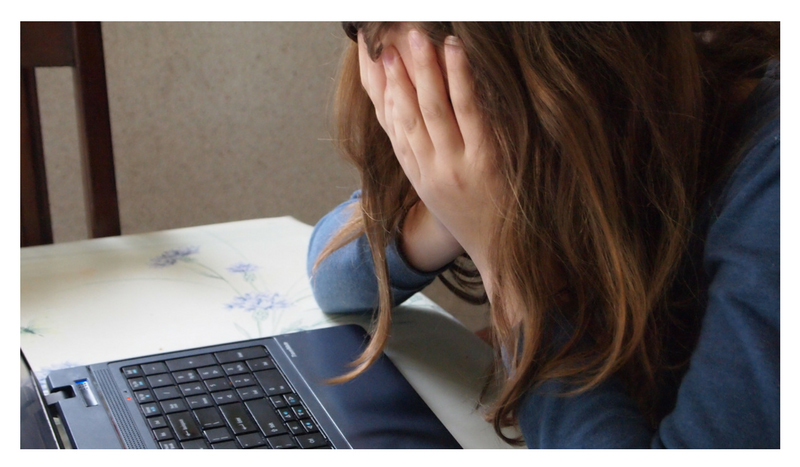How to take the perfect BREAK during Finals week.
This is what we know about the time of day and brain power.
First, our thinking power varies throughout the day. We are quicker, slower, more creative and less creative in some parts of the day than others.
Second, these ups and downs in our mental performance are more significant than we realize. One expert, a neuroscientist and chronobiologist from the University of Oxford, Russell Foster, tells us that “…the performance change between the daily high point and the daily low point can be equivalent to the effect on performance of drinking the legal limit of alcohol.” Other research has shown that depending on the time of day, cognitive performance in humans can vary up to 20%.
Third, the best time to perform a particular task depends on the nature of the task. Our minds tend to be more vigilant in the morning and we can keep distractions outside our cerebral gates. But our brain’s vigilance guards can get tired – and sloppy thinking can creep in.
Alertness and energy levels, tend to climb in the morning and reach their peak around noon, then tend to take a nose-dive in the afternoons. This is when we make mistakes and have a harder time grasping abstract concepts. How should we manage our daily slumps when we cannot afford the luxury of a nap? Restorative breaks. Breaks offer us a chance to recharge and replenish. After a restorative break our brains can come back and conquer one more chapter of studying or a few more pages of writing. We’re not talking about just any ol’ break. What does a restorative break look like?
How to take the PERFECT break:
Something is better than nothing.
Everyone knows you should stay put and power through your study guide even if it takes 3 hours straight, right? Wrong! If we stick to a task too long, we lose sight of the purpose or objective of learning. Short breaks help us maintain focus and reactivate our commitment to the goal.
Get up and move.
Sitting is bad for you. Our sedentary life style contributes to all kinds of health issues and leaves us wide open to the dangers of our daily slumps (remember sloppy thinking slips in when our vigilance guards are tired). Simply standing up and walking around for five minutes every hour makes a difference.
Two are better than one.
I’m an extrovert so I totally get this one. But I know for you, introverts, time alone is how you recharge. But much of the research points the benefits of being with others particularly when you choose who you spend your time with. Talking with fellow students about something other than what you’re studying can be effective in reducing stress and improving mood.
Get outside of the building.
Nature breaks replenish us the most. One study showed that people who take short walks outdoors return with better moods and greater replenishment than people who walk indoors.
Tech-free breaks.
Here goes a myth-buster. Hate to break your myth but multi-tasking is not really do-able for the human brain. And you have a human brain. It’s a mistake to take a break by looking at your favorite social media. Research tells us that technology free breaks can increase your energy and reduce your mental and emotional fatigue.
Do you want to learn more about how time works best for you? Read Daniel Pink’s new book. When: the Scientific Secrets of Perfect Timing.


Comments
How to take the perfect BREAK during Finals week. — No Comments